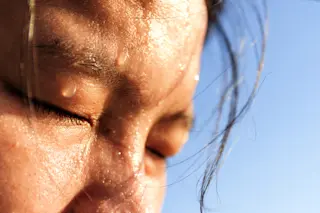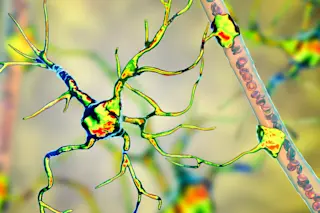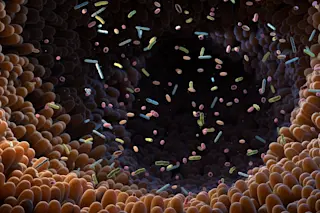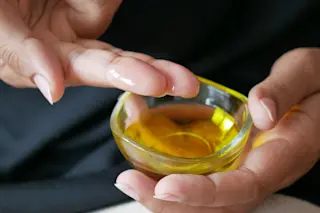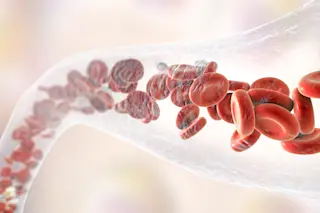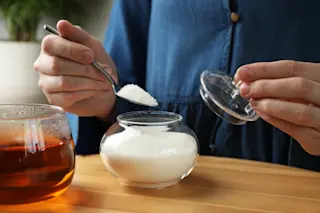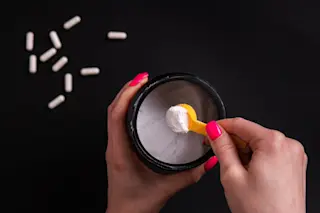Ever had poison ivy? If so, you probably noticed that scratching made the rash much worse. But scratching an itch, especially one as intense as that caused by poison ivy, is nigh irresistible — and feels so satisfying.
If you think about it, says Daniel Kaplan, who is a dermatologist and immunologist at the University of Pittsburgh, that’s a little curious. When comparing this action to pain, pain causes you to stop what you’re doing and tend to the wound. But the pain also creates a memory that tells you not to repeat whatever you were doing when you got hurt — or to wear gloves the next time you prune the roses.
“From an evolutionary standpoint, there’s a clear and obvious benefit to that pain,” he says. But with scratching, the damage feels good. It’s as if when you cut yourself with a knife, you were immediately compelled to ...




